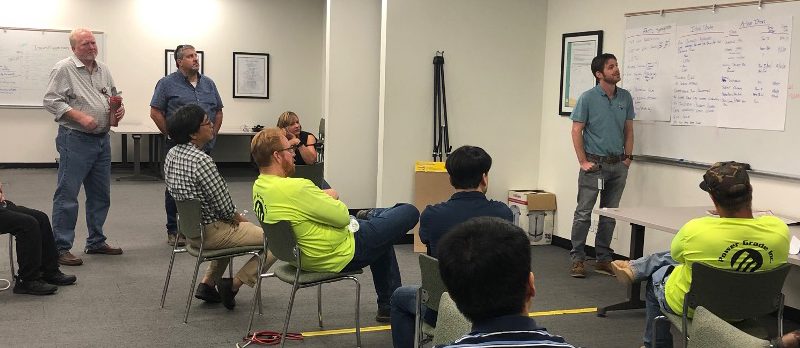“PAC₃E” facilitator competencies: Assessment
Recall we are digging into INIFAC’s (inifac.org) six overarching facilitator competencies: Presence, Assessment, Communication, Control, Consistency and Engagement.
Let’s dive into number 2: Assessment. “Master Facilitators know and ask the questions necessary to accurately assess a client need. Based on their learning from past experiences, they create processes designed to address the client’s specific requirements. They carefully plan and prepare sessions. They recognize when a planned process is not working effectively and are able to define alternative processes quickly to reach the desired outcome.”
So what is the facilitator assessing? The customer (the group) and their needs. And what approaches and processes are most likely to address those needs. And once the meeting starts, whether the planned approach is working or needs adjustment to an alternative process.
For example, the group needs to make a decision. You facilitate a discussion of Choosing by Advantages (CBA), only to realize, there’s a big part of the decision that’s based on an unclear understanding of the cause of the problem. You pause the CBA process and delve into a 5 Why exercise, only to realize there are multiple root causes of this problem. So you shift to the more robust Root Cause Analysis (RCA) process using the Fishbone Diagram to dig deep.
How does a great facilitator do this? Look at the 5 sub-competencies:
- Facilitator asks the questions to assess a client need and gains agreement with the client on the relevant scope and products.
- Facilitator plans and prepares for the session effectively and collaboratively. (P-E-N – preparation first.)
- Facilitator develops customized processes to meet the specific requirements of clients. This is where training comes in. There are a plethora of processes that work:
a. Lean processes like 5 Why, Root Cause Analysis, Process Mapping, Value Stream Mapping, CBA
b. Liberating Structures processes (https://www.liberatingstructures.com/)
c. And dozens of other proven facilitation processes you can learn from the best teachers in the world (https://human-dynamics.com/ and https://www.leadstrat.com/ whom I confidently endorse, and in India https://pragatileadership.com/). - Facilitator recognizes when a planned process is not working effectively and is able to diagnose the cause, and defines alternative processes to reach desired outcomes.
- Facilitator evaluates experiences, identifies learnings and applies learnings to new situations. We in the Lean community call this Continuous Improvement!
Look, we’re wired to constantly assess the world around us for threats and enemies as well as friends and opportunities. For the facilitator, the assessment focus during a session or meeting becomes the group (in a room or online): the group’s needs, dynamics, and each of the individual personalities and souls present. It requires constantly looking, listening and assessing how it’s going and what needs adjustment to get the highest result in the time allotted.

